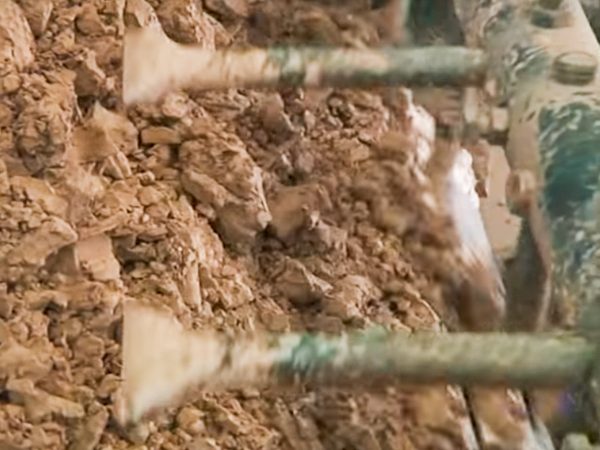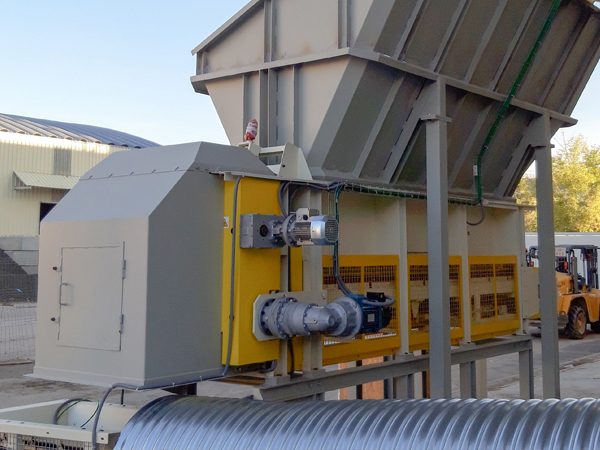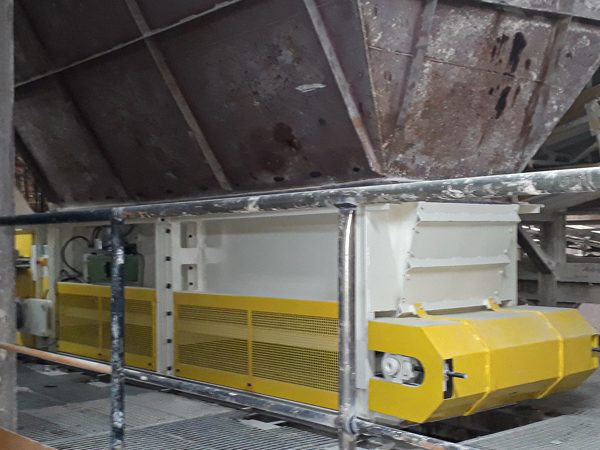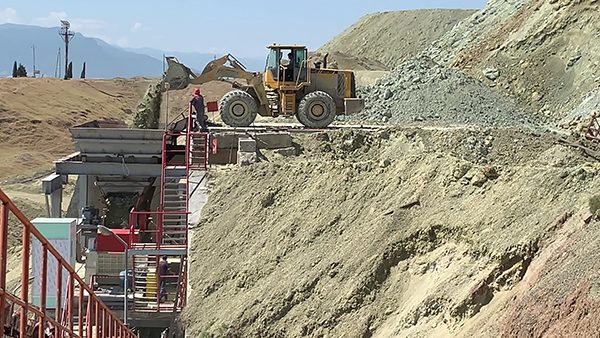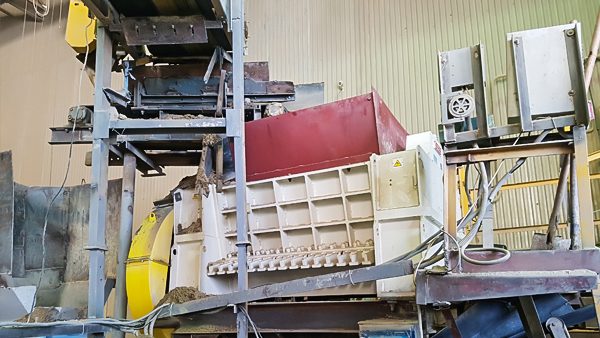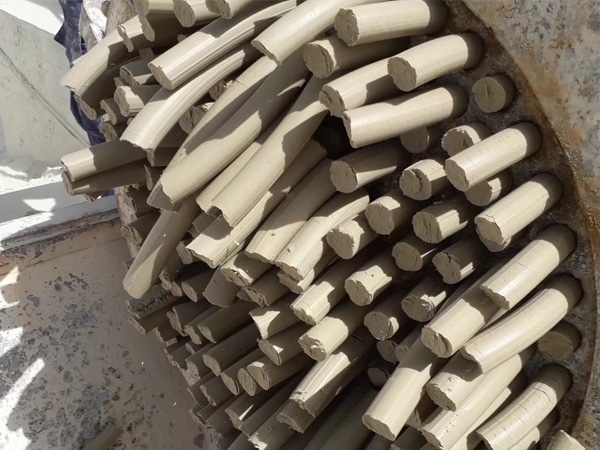
14 Oct Kaolin, bentonite and other special clays processing with Verdés machines
At Verdés, we have a long experience in the supply and installation of machines for crushing and processing special clays such as bentonite, sepiolite, attapulgite (palygorskite) and kaolin.
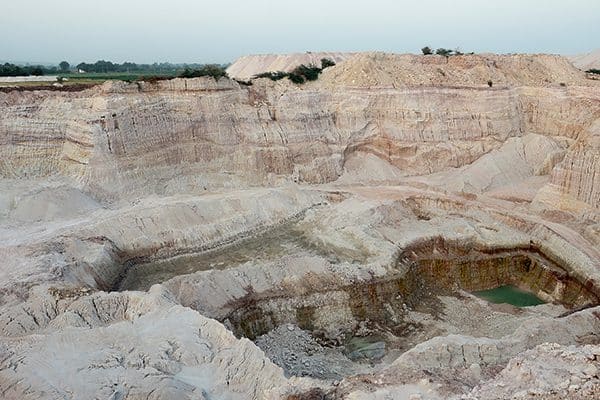
Special clays are those that are constituted primarily by a single type of mineral, and therefore their properties and behavior depend essentially on the characteristics of that mineral. In general, they are divided into two groups; on the one hand, there are kaolinins and kaoliniferous clays, and on the other the rest of special clays.
The specific properties of these minerals (stability in some cases, reactivity and catalytic activity in others) are directly related to their colloidal size and their crystalline structure. They are usually characterized for having a high specific surface area, optimal rheological properties and an excellent absorption capacity. All these properties make them very useful in a wide variety of industrial applications.

The industrial processing of the quarry ore is determined by its nature and its final use or purpose. Generally, after its extraction, a crushing stage (primary and secondary) is carried out, very similar to the one is carried out in the clay brick and tile factories set for the wet clay crushing process.
After this first crushing phase, the next stage is to remove the moisture from the clay (the temperature of the drying will depend on the future use of the final product) and perform a fine milling, until the desired particle size is obtained.
Although the configurations and models of the machines vary according to the production capacities and specific needs of each producer, based on our experience we can say that, to process special clays such as bentonite, sepiolite, attapulgite (palygorskite) and kaolin, producers usually use the following Verdés equipment:
BOX FEEDER: Both slat box feeders and rubber belt box feeders are commonly used for feeding the process and also as a lung for storing and properly dosing the material.
PRIMARY CRUSHER: Thanks to its excellent adaptation to materials with a high degree of humidity, it is a machine highly valued by our customers for crushing special clays such as bentonite, which it’s very sticky. So specially thanks to its scrapers with flexible adjustment, it prevents the inlay of the material into the wear components (specially between the shafts plates).
DISINTEGRATOR: Like in the primary crusher, its scrapers make it ideal for working with this type of special clays, so wet and sticky. With this equipment, which has a smooth roller and another one equipped with knives, a high level of productivity is achieved, and stops caused by adhesions and inlays of the material, are avoided.
ROLLER MILL: They are used in the final stage of wet grinding and thanks to their two smooth rollers that rotate with a small speed differential, they can process clays with high moisture content without any problems. Normally the roller mills work with a cylinder separation higher or equal to 3mm.
HAMMER MILL: It’s used in the tertiary grinding stage to achieve granulometries below 3mm. In some cases, they are used with sieves at the exit of the mill to select different particle sizes: cuts at 3, 2 or 1 mm. This machine does not admit humidity higher than 12%, so if the material exceeds this percentage, it must be previously dried via a dryer or a rotary kiln.
PENDULAR MILL: Like the Hammer Mill, it is used in the final grinding stage to achieve a very fine granulometry, being possible to reduce the particle size with that equipment below 75 µ. Often the pendular mills incorporates simultaneous drying by hot air, to reduce the humidity of the clay to a maximum of 5% at the entrance of the mill.
WET PAN MILL: This machine is used to activate the bentonite with additives and achieve special mechanical properties (mixing, compaction and extrusion). However, there are just few active references all over the world, since it is an expensive solution, in terms of investment in machinery and civil works.

Verdés Hammer Mill 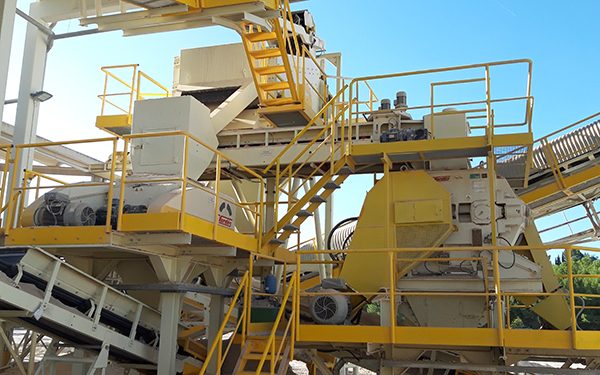
Verdés Roller Mills 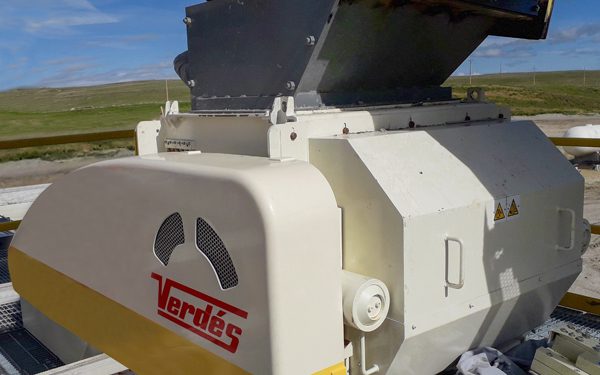
Verdés Disintegrator 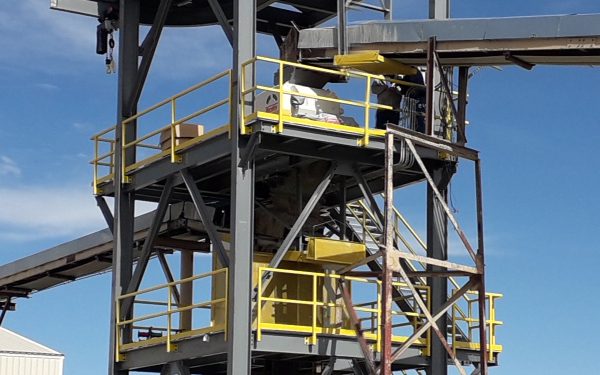
Verdés Disintegrator 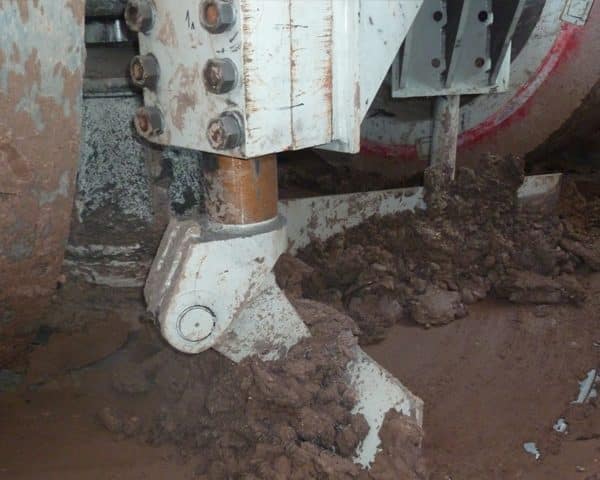
Verdés Wet Pan Mill
EXTRUDER AND MIXER: In order to activate and introduce additives into the special clays, pelletizing lines composed of a mixer / pellet mixer and extruder (with vacuum pump) are normally used. The pellets that are produced by this way have a compact size that allows them to be easily transported with minimal losses and then get dried very quickly, which means significant energy savings for the customer.
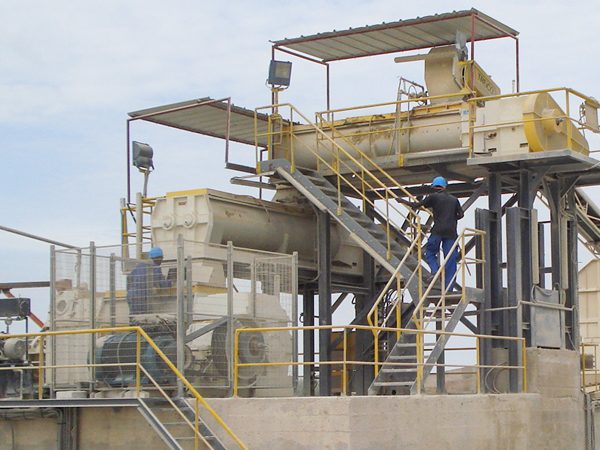
Verdés extruder & mixers 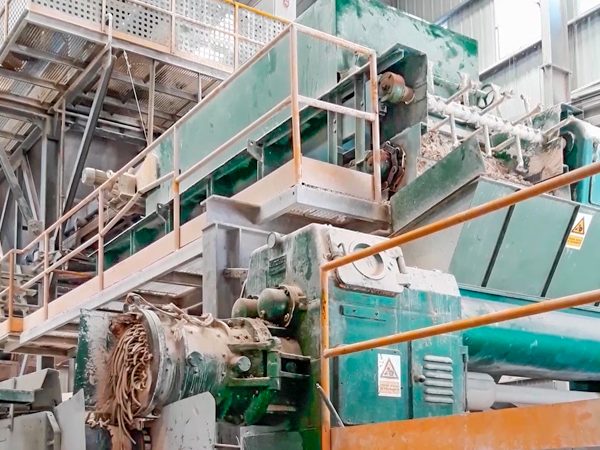
Verdés extruder & box feeder 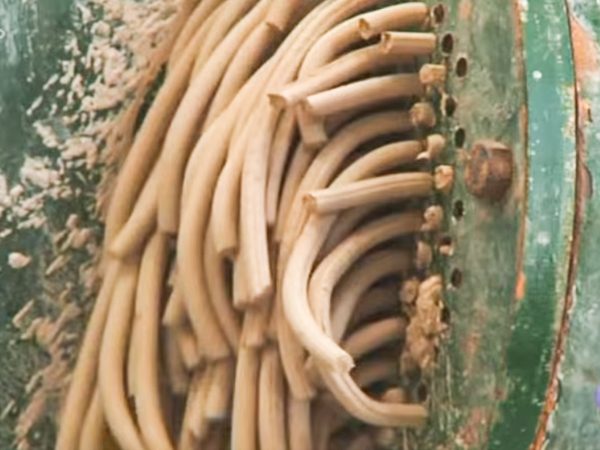
Bentonite extrusion 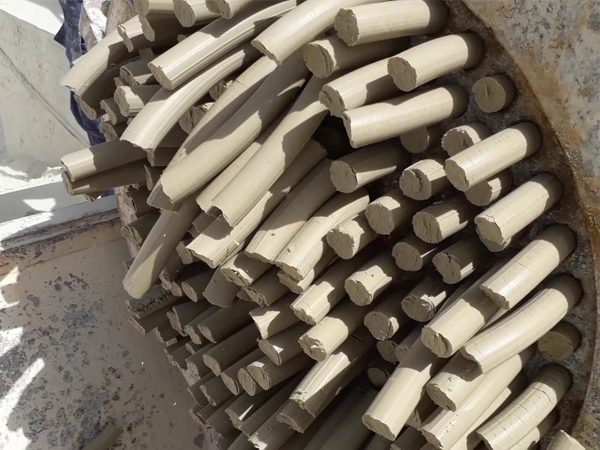
Bentonite extrusion
Thus, at Verdés we put at your disposal all our knowledge and experience in the field of special clays, to meet your necessities and help you to improve the productivity of your present or future facilities.


